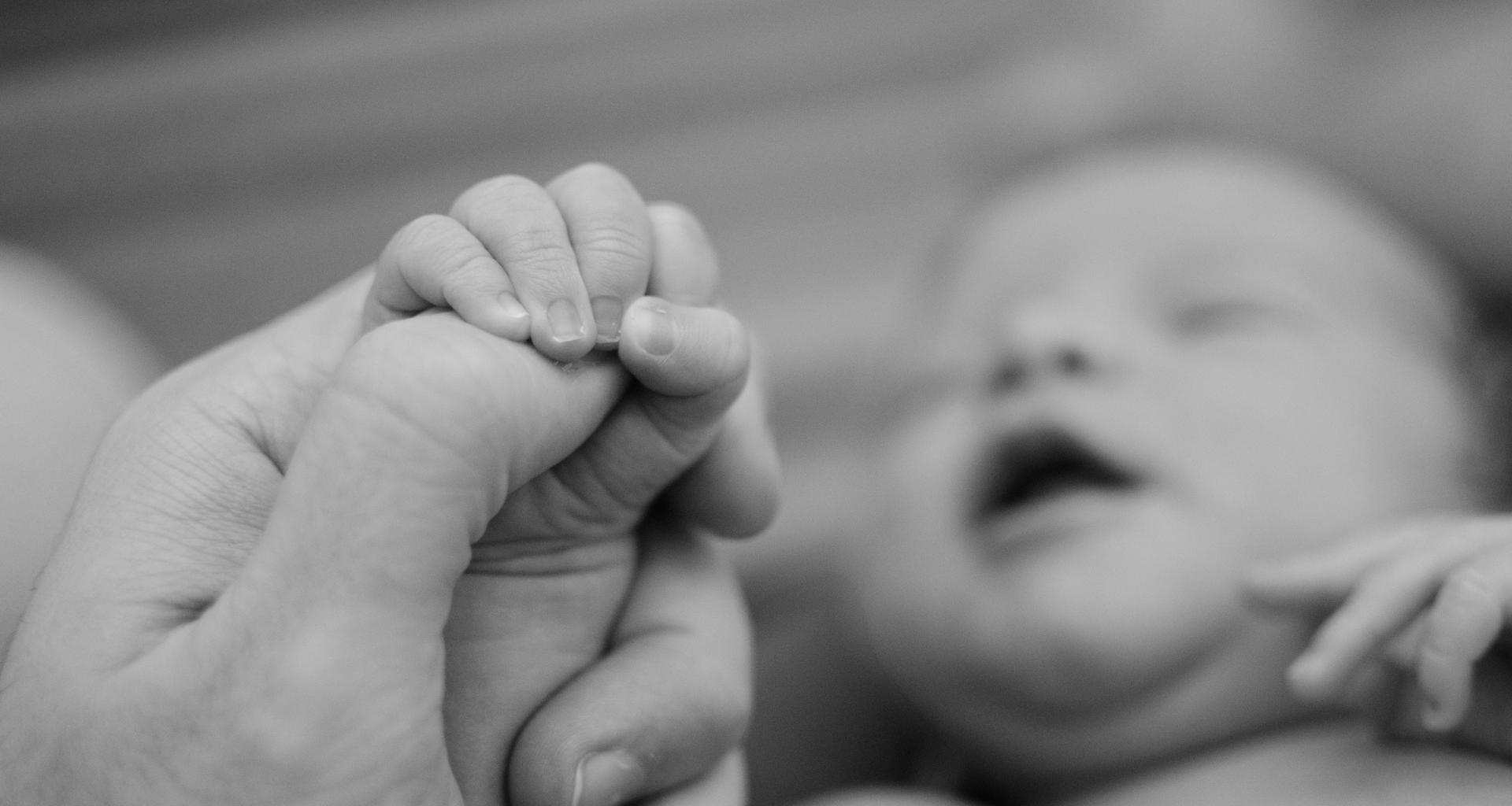By Maria Farrukh
Have you ever heard the phrase, “May Allah give you a cute baby boy,” instead of simply saying, “May Allah bless you with a healthy child,” regardless of whether it’s a boy or girl? Our society is often biased in this regard. When a woman is pregnant with her first child, the common blessing she hears is, “May you have a healthy baby boy.” This societal bias often breaks the mold of what should be a simple wish, as the common blessing for women expecting their first child is, “May you have a healthy baby boy.”
Why do older relatives, particularly in-laws, often have expectations Such a narrative can impact mother’s mental health, especially if she feel pressured by society’s preference for a son.
A woman carrying a child is usually more focused on her baby’s health and development rather than its gender. However, society rarely considers the mental strain caused by this preference. Elders, including in-laws, might not explicitly pray for a healthy child. Instead, they wrap their wishes in gender-specific terms, often hoping for a son.
Why does our society hesitate to celebrate the birth of a girl? This preference can create challenges for the family, as sons are often seen as the ones who “carry on the family name.” Sadly, daughters may still be viewed as a “burden,” a mindset that impacts their treatment and the family’s overall well-being.
When an expectant mother visits her gynecologist, it is not uncommon for relatives to ask about the baby’s gender more than its health. Even when these mothers shop for baby items, choosing neutral colors can spark speculation among family members about the baby’s gender.
Society’s demand for sons stems from a desire to “secure future generations” and bring honor to the family. However, a boy is not guaranteed to fulfil these expectations, just as a girl is not a burden. Yet, baby boys are celebrated, while baby girls often miss out on certain rituals and customs.
Despite widespread knowledge of genetics—that it is the male’s XY chromosomes that determine the child’s gender, not the female’s XX chromosomes— society still blames women for having daughters.
This societal bias runs deep in our society and affects countless families. Instead of valuing each child for who they are, people often get caught up in old attitudes and expectations. But the truth is, every child is unique and valuable, regardless of gender.

4 Comments
[…] these deeply entrenched issues is a shared responsibility. Women experience and react to disasters differently, making it imperative to incorporate their […]
[…] played, every tournament organized, and every barrier shattered, we are writing a new chapter for women in sports—one filled with resilience, progress, and boundless […]
[…] this vision in mind, I took a bold step and founded my organization, Women in Climate Pakistan. Through this initiative, I aimed to create a platform that would not only […]
[…] the voices of the marginalized. As a Complaint Officer at the Sindh Commission on the Status of Women, I work to address grievances and protect women’s rights. Every step of this journey has shaped […]